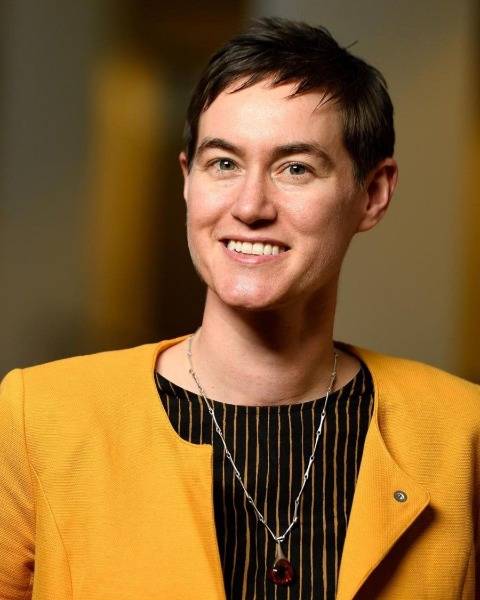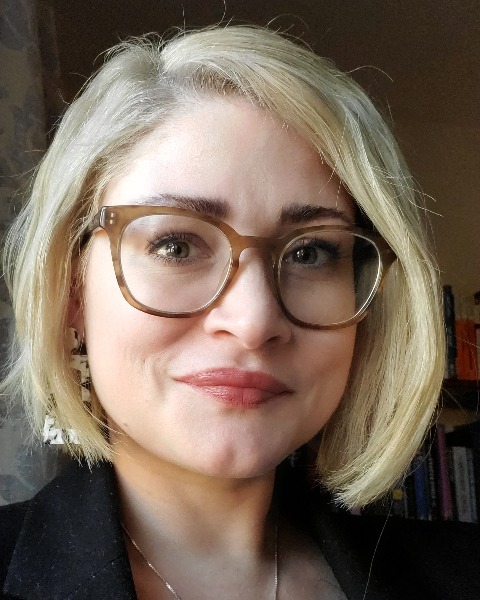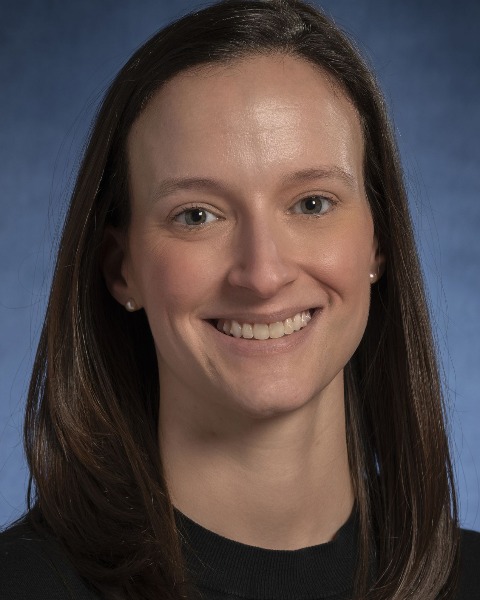Health Sciences
Advancing the Science of Sensory Health and Cognition: From Epidemiology to Intervention
-

Carrie Nieman, MD, MPH (she/her/hers)
Associate Professor
Otolaryngology-Head & Neck Surgery
Johns Hopkins University School of Medicine
Baltimore, Maryland, United States -

Jennifer Deal, PhD (she/her/hers)
Associate Professor
Epidemiology
Johns Hopkins University
Baltimore, Maryland, United States -

Natalie Phillips, PhD (she/her/hers)
Professor
Psychology
Concordia Unversity
Montreal, Quebec, Canada -

Natascha Merten, PhD, MS (she/her/hers)
Assistant Professor
Department of Population Health Sciences and Department of Medicine
University of Wisconsin-Madison
Madison, Wisconsin, United States -

Danielle Powell, AuD PhD (she/her/hers)
Assistant Professor
Hearing and Speech Sciences
University of Maryland
College Park, Maryland, United States -
PH
Peter Hope, BA (he/him/his)
Research Coordinator
Department of Geriatric Medicine and Gerontology
Johns Hopkins University School of Medicine
Baltimore, Maryland, United States -
MB
Marcela Blinka, PhD.
Research Associate
Geriatrics and Gerontology
Johns Hopkins University
Baltimore, Maryland, United States
Chair(s)
Discussant(s)
Individual Symposium Abstract First Author(s)
Sensory health and cognition are at the intersection of two major public health challenges facing an aging global population. Sensory impairments are among the most common and disabling comorbidities among individuals at risk for cognitive impairment and those already aging with cognitive impairment. Sensory impairments may also serve as key biomarkers in dementia and may worsen the trajectory of decline. Although prevalent, sensory impairments frequently go unrecognized and unaddressed. Importantly, sensory impairment has been identified as modifiable risk factors for dementia. Optimizing sensory function may be an important yet overlooked approach to reducing the risk of cognitive decline as well as providing potential nonpharmacological interventions to aid in the management of neuropsychiatric symptoms, improve quality of life for persons living with dementia, and reduce burden for care partners. This symposium presents the latest evidence from epidemiology to intervention in advancing our understanding and approach to sensory health and cognition. The symposium begins with a focus on the epidemiology of sensory function among individuals with or at risk for cognitive impairment and then moves to a focus on intervention, understanding the potential impacts of optimizing sensory function on brain structure, barriers to addressing sensory function in clinical settings, and envisioning how to optimize interventions by learning directly from individuals aging with cognitive impairment, their care partners, and experts. This symposium features leaders in the field of sensory health and cognition from diverse career stages, disciplines, and settings.
Learning Objectives:
- Discuss the prevalence of sensory impairment across the dementia risk spectrum and associated structural findings on neuroimaging, specifically MRI
- Examine mid-life risk factors, including sensory impairments, and associated risk of 10-year cognitive decline and cognitive impairment
- Summarize key barriers, facilitators, and motivators to identifying and addressing sensory impairment among individuals with cognitive impairment
Presentations:
-
3:30 PM - 5:00 PM PSTHearing and Olfactory Loss Associated With Altered Brain Structure and Connectivity in Dementia Risk
Individual Symposium Abstract First Author: Natalie A. Phillips, PhD (she/her/hers) – Concordia Unversity
-
3:30 PM - 5:00 PM PSTParsimonious Models of Long-Term Cognitive Decline and Impairment Prediction in Middle-Aged Adults
Individual Symposium Abstract First Author: Natascha Merten, PhD, MS (she/her/hers) – University of Wisconsin-Madison
-
3:30 PM - 5:00 PM PSTDiscussion and Documentation of Hearing Difficulty in the Presence of Dementia: Study of the Annual Wellness Visit
Individual Symposium Abstract First Author: Danielle Powell, AuD PhD (she/her/hers) – University of Maryland
-
3:30 PM - 5:00 PM PSTInsights on Older Adults With Cognitive Impairment and Hearing Loss: End-User and Care Partner Perspectives
Individual Symposium Abstract First Author: Peter Hope, BA (he/him/his) – Johns Hopkins University School of Medicine
-
3:30 PM - 5:00 PM PSTInsights on Older Adults With Cognitive Impairment and Hearing Loss: Expert Perspectives
Individual Symposium Abstract First Author: Marcela D. Blinka, PhD. – Johns Hopkins University
